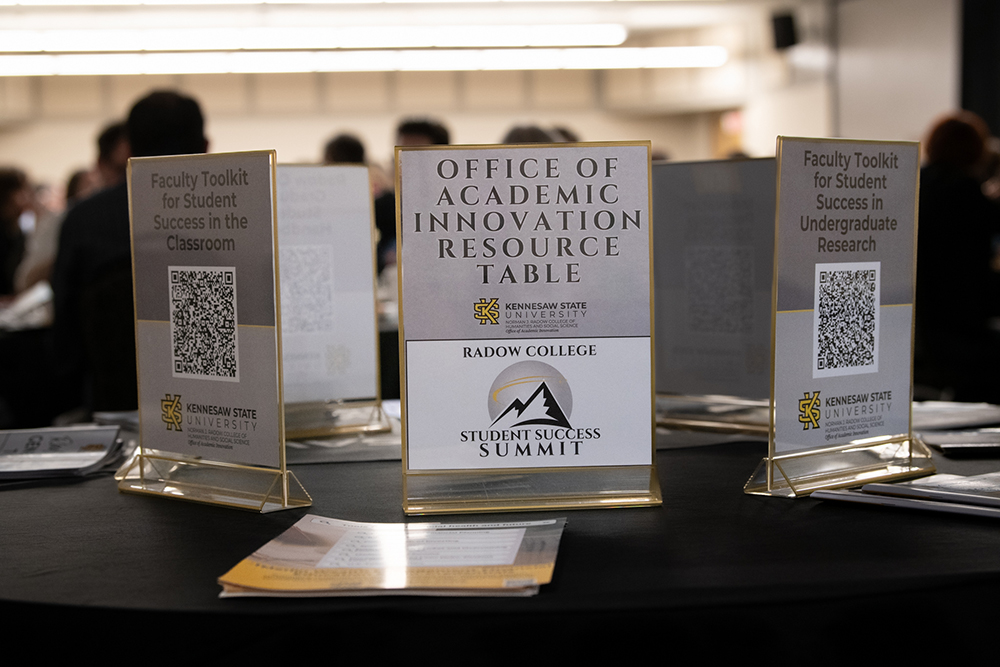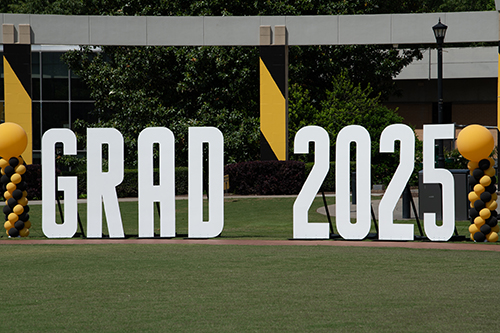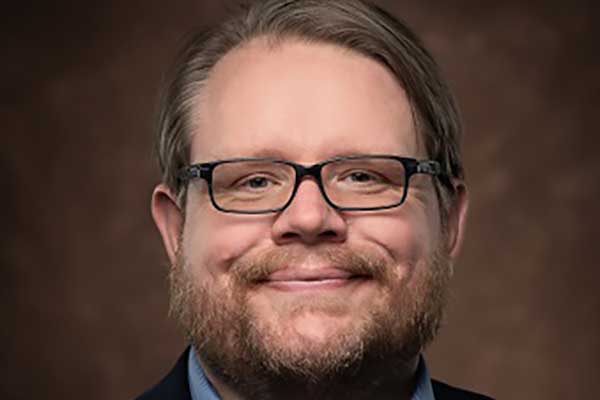Addressing Conflict Management to Create Positive Change
Conflict management is an innovative and exciting approach to understanding and addressing complex problems ranging from the interpersonal to the international. Conflict management professionals have the knowledge to see the opportunities in conflict and the skills to create positive change.
For over 25 years, the Master of Science in Conflict Management (MSCM) at KSU has provided graduate students a solid grounding in the theory, research, and practice skills they need to "manage conflict like a pro."
Quick Links






































